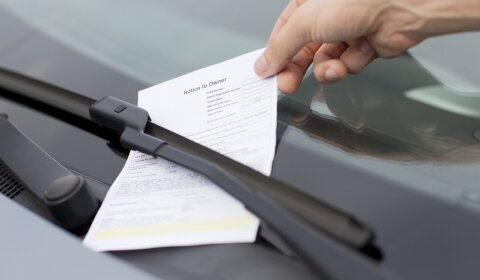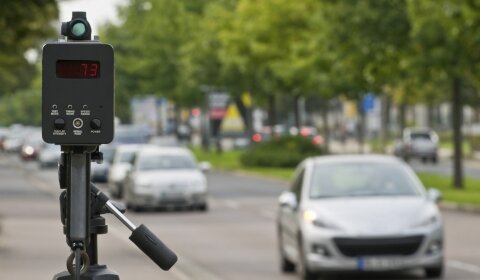
Driving in most parts of Spain is generally a pleasurable experience. The roads are good, there’s not too much traffic and petrol is cheaper than in other European countries.
It’s easy to forget about what we’re doing when we are driving in this country, especially if we’re with friends, the sun is shining and we’re on our way to somewhere exciting.
Nevertheless, the driver must always be aware of his actions and remember that he is in charge of not only the safety of himself and his passengers, but also of those on the roads around him.
And, the DGT has put together a mountain of rules and regulations to make sure that circulating around the roads and motorways in Spain is a safe experience for everyone.
Of course, there are those that everyone knows not to do, like drive through a red light or drive without wearing a seat belt, but there are also others so obscure and some so unbelievable that it is easy to fall foul of the law and find yourself with a sanction without even realizing that you’ve done anything wrong.
Insurance agency Wiquot.com has put together the following top 10 list of the strangest things that drivers have been fined for, which all appear in the Reglamento General de Circulación (General Traffic Law), and haven’t been made up!
- Driving with one hand or arm outside of the vehicle can lead to a fine of 100 euro. Article 18 of the General Traffic Law states that the driver and passengers should always maintain a sensible position inside the vehicle.
- Driving without wearing a T-shirt or shirt, barefoot or wearing flip-flops comes with a fine of 200 euro for not driving with the correct clothing or footwear, which could diminish the driver’s capacity to control the vehicle.
- You have to be extremely careful when parking on sand at the beach because if the area is classified as ‘protected’, you could end up with a fine of up to 6,000 euro.
- Making the most of being stationary at a red light to touch up your make-up or eat something could cost you 200 euro and two points off your license.
- Driving with the music blasting out in an area where quiet is required, like a hospital, or during the early hours of the morning will be sanctioned with a fine of 80-100 euro. In one case, a fine of 2,400 euro was imposed for not allowing neighbours to sleep.
- You should only use the car horn in cases of emergency, to avoid an accident or if you want to overtake someone and alert them of your action. Any other use could lead to an 80-euro fine.
- Driving in the left-hand lane or in the middle lane if the right-hand lane is free could result in a fine of 200 euro, according to Articles 28 and 31.
- Be careful if you’re having an argument whilst driving, as if you’re seen taking your eye off the road on several occasions, you could end up with a fine of 80 euro. The same amount will be applied if the driver is caught biting his nails, kissing the co-pilot or insulting other drivers using hand signals!
- Both hands should be kept on the steering wheel whilst driving and the driver’s ears should be visible.
- Filling up the car with petrol with the radio on comes with a fine of up to 91 euro.
Source: www.elmundo.es
Categories:













